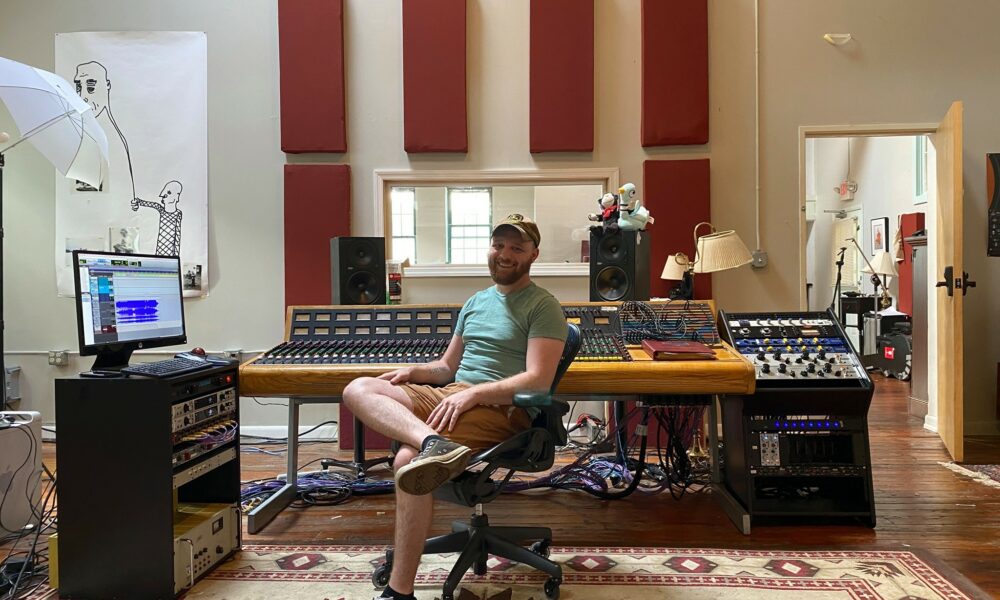

Today we’d like to introduce you to Andy Cass.
Hi Andy, please kick things off for us with an introduction to yourself and your story.
Howdy, my name’s Andy, I run a recording studio in Western MA, I mainly work as an engineer, producer and session musician with indie bands and singer-songwriters. I’ve been recording since high school, I was incredibly blessed to have an amazing recording program and access to Pro Tools all the way back in 2006, which was pretty much unheard of at that time. I graduated from the Music Production and Technology program at the Hartt School of Music in 2012, and as part of my senior project, we had to find a band to record an EP with, I ended up joining the band after graduation, and started my studio in my mom’s basement, before finally caving and moving it to Western Massachusetts about an hour north of my house.
The band was actually my introduction to the music scene up here, as they had been involved in it for a few years prior to me making my way up to the valley. There’s a fascinating “family tree” of all the records I’ve worked on in the past ten years, and the band is directly or indirectly involved in something like 90% of them.
Alright, so let’s dig a little deeper into the story – has it been an easy path overall, and if not, what were the challenges you’ve had to overcome?
As I work with almost exclusively indie artists, money is always a concern. Studio equipment is heinously expensive, I started out working with the least amount of inexpensive gear I could muster, and slowly over time have grown my collection into something I’m quite proud of.
I’ve only been full time at the studio for about 4 years now, For the longest time, I worked 2-3 jobs on top of the studio, and was finally lucky enough to be able to transition to full time in about 2018, those were hard days, I was working something like 40 hours per week at my “side” jobs and an additional 20-30 at the studio on whatever recordings I was lucky enough to be trusted to work on at that point.
Covid was especially hard on the recording industry, I had to figure out how to keep working when nobody is able to physically come into my space, and that need for adaptation forced me in some ways to work with what I, as a studio owner, have previously viewed as a large threat to my business, the home recording market.
I ended up with a lot of projects that artists recorded themselves at home, and they’d send to me for mixing because, as a lot of artists found, tracking is the fun part, it’s building the song, but mixing is really really hard if you’re learning on the fly or under duress, so I spent a good year or two mixing mostly records that others had recorded at home, I managed to adapt and figure out a very smooth way for artists to essentially sit with me remotely while I mixed their songs.
Finding this middle ground of how home recording can benefit my workload has been essential in the past two years. Not to veer too far off course here, but this year has been particularly hard, I was diagnosed with a brain tumor in January and had it removed at the beginning of the year which limited my ability to record for a while, and this year has been my hardest to date.
Great, so let’s talk business. Can you tell our readers more about what you do and what you think sets you apart from others?
I run a recording studio in Western, MA called Sleeper Cave Records, it’s a full-service recording studio and mostly a one-man operation, I do almost all of the tracking, dubbing, and mixing, pretty much every aspect of making records by myself. I play bass and guitar, and keys occasionally if called upon to lay down tracks.
I’m most proud of the way I built this studio, I built it artist first, filling it with fantastic vintage instruments that artists can come in and play themselves, most musicians don’t really care all that much about my microphone collection or what outboard I have to run their stuff through, so I spent the first few years at my current studio buying guitars and keyboards, things that they could use.
One small niche I find myself in is kind of specializing in working with artists who have never recorded before and being able to “build a band” around them, through the local music scene out here, I’ve got world-class players on just about any instrument you could ask for and they’re all available for hire.
As mentioned previously, I also do a lot of remote mixing work that artists have recorded either at home or at other studios
Can you talk to us a bit about happiness and what makes you happy?
I have the best job in the world, I get to make music for a living, and my role in music is the exact one I dreamed of doing when since was 16, I’ve wanted to be an audio engineer since my senior year of high school.
When I got to college it was kind of presented to us that (back then) there were a couple of main tracks to get into engineering in the real world, the main track was the old school, “intern for free” at an already established studio, make coffee, take out trash and maybe after a few years of that, you’ll be designed worthy of being able to start assisting on sessions.
That didn’t sound like a ton of fun to me, so I took stock of the local music scene up here, decided I liked what was going on, and committed myself to go a route that I had been warned against doing, building my own studio from the ground up.
Contact Info:
- Email: [email protected]
- Website: sleepercaverecords.com
- Instagram: @Sleepercaverecords
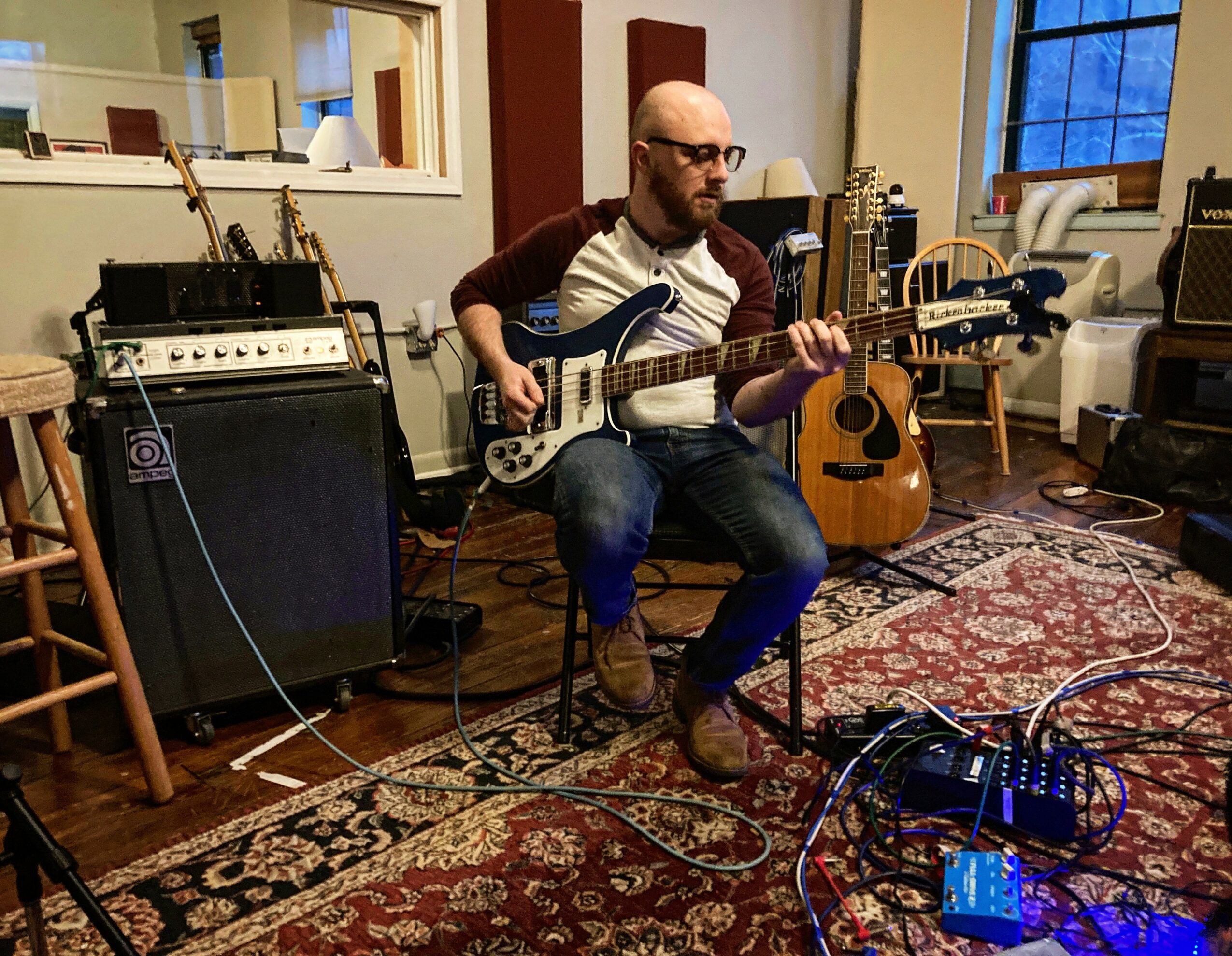
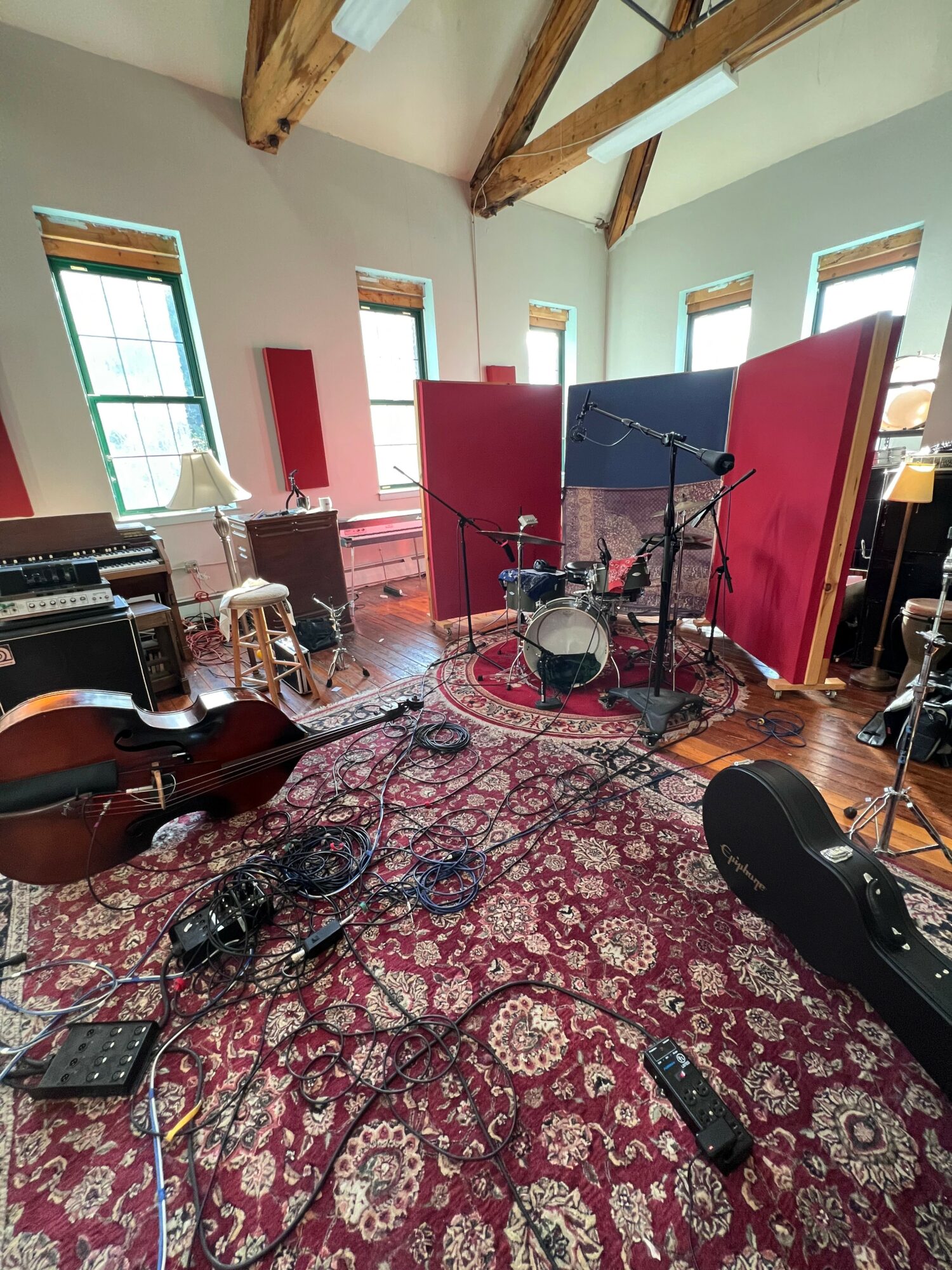
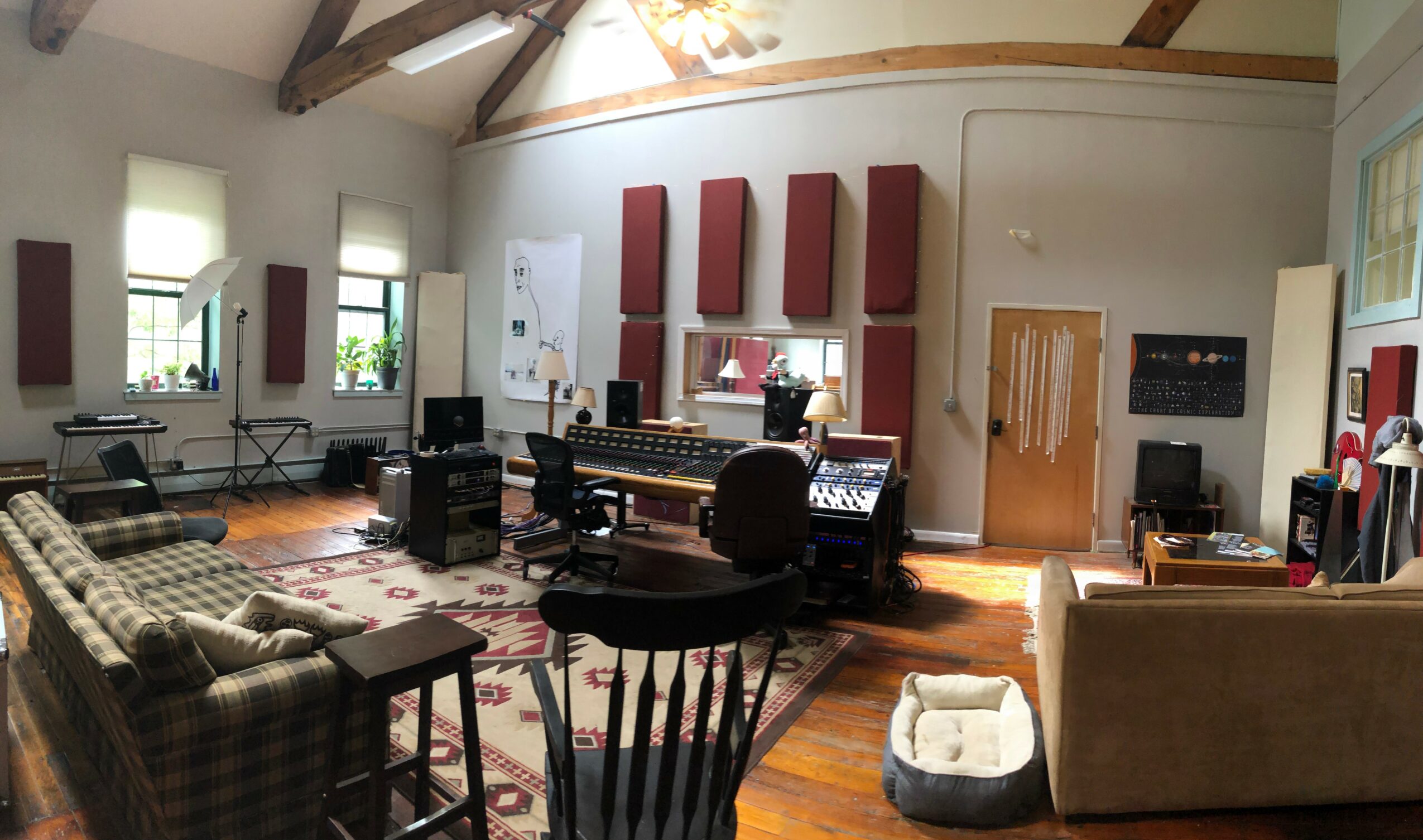
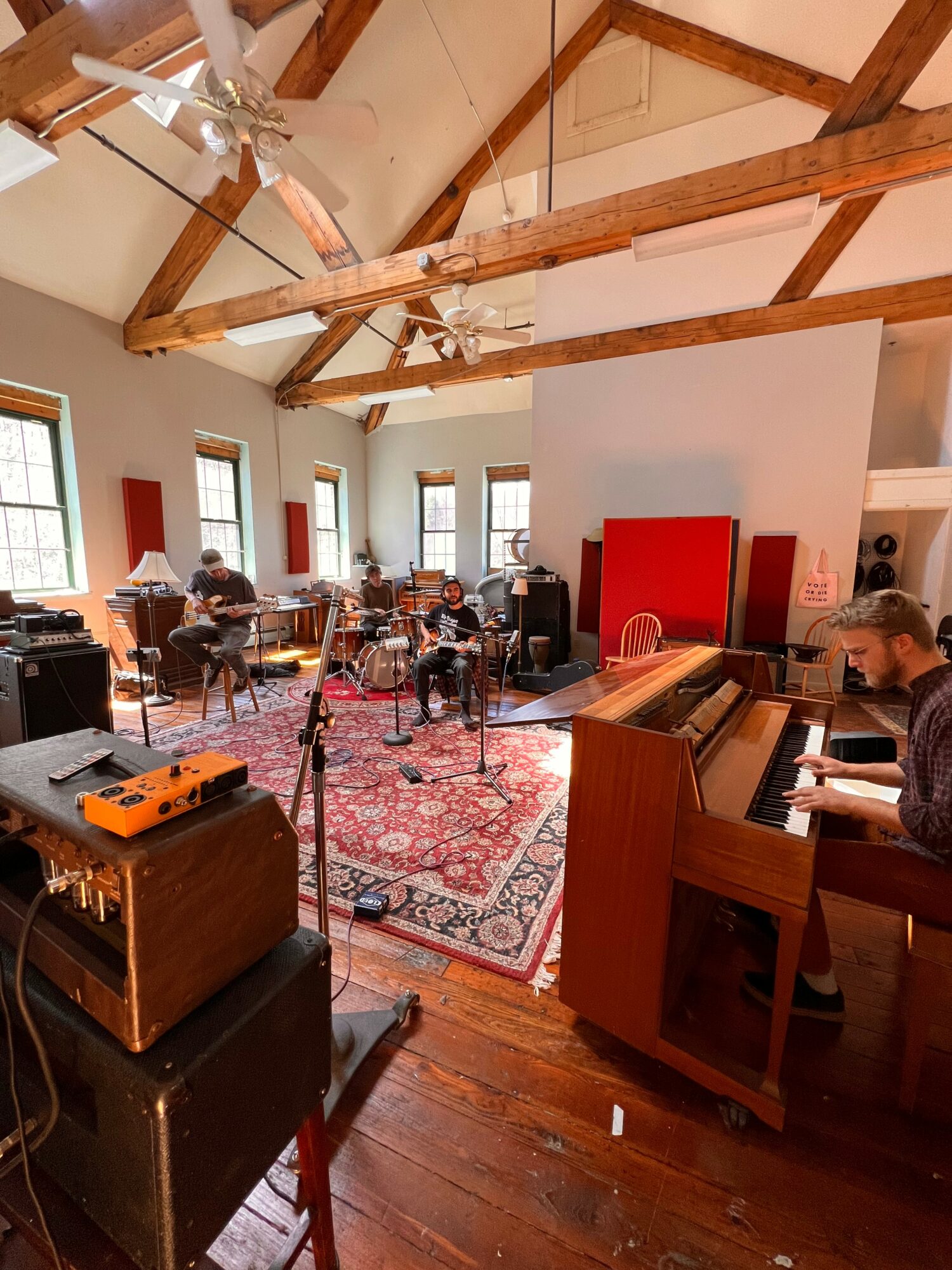
![]()












